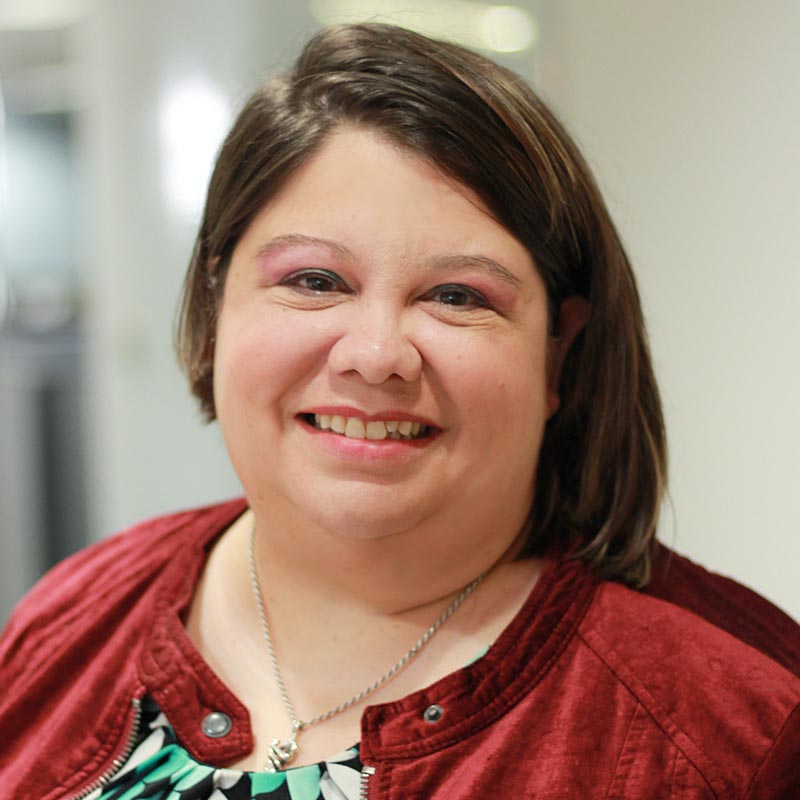Art Therapy is a mental health profession in which the therapist strategically utilizes art materials to help people to reach their therapeutic goals. For example, these goals can be anything from regulating emotions, exploring what their bodies are telling them, processing through trauma, becoming more self-aware and learning to tap into their own instinct. This gives their experiences a voice that words fail to do. Art Therapy is more about the process of making art than it is about the final product.
It’s about the experience
It is important to know that there isn’t always going to be a masterpiece at the end of a creation. In fact, being able to release and create “ugly” art and allowing the raw image of what was experienced can be a very vulnerable and powerful experience. Further, it allows the artist to finally express what they’ve never been able to explain to anyone before. For this reason, it’s important to pay attention while creating the art. Some important questions people can ask themselves during the art process include:
- Did I start my work full of anxiety, stressed out and overwhelmed?
- Did I experience a flood of emotion, as I began to see the connections my mind was making with the art?
- What did I decide to work on first?
- What caught my attention first?
- Am I frustrated with a particular part of it?
- Did I want to scrap the whole thing?
- What did it feel like to sit in that?
- What thoughts are coming up for me as I attempt to express myself in this way?
- How did I make my marks? For instance, did I use big strokes and movements?
- How did that feel in my body?
- What emotion was I trying to express?
- Did my marks change as I began working on my artwork?
- How much control did I have?
- How much control did I want to have?
Feeling stuck
Many people come to art therapy because they feel stuck in their healing process and journey. Maybe talk therapy didn’t work well for them. Perhaps they feel like they have talked and reasoned, explained, and told their experiences, however, they are not finding relief. Maybe they are still experiencing strong emotions, or are feeling disconnected and numb. Additionally, they may be experiencing anxiety, a racing heart, intrusive thoughts, inability to sleep, or have peace and calm.
Sometimes people have a difficult time with being able to express themselves verbally and they have a need to feel understood and known. Whether it’s because they are still developing their verbal skills and vocabulary, working on social skills, or their traumatic experiences have left them without being able to put everything in sequential order. Trauma shatters memories, creates separate pieces of sights, sounds, smells, emotions, and bodily sensations that are not always connected to one another. When people are able to express and experience these things in a safe place with the presence of someone who can witness, validate, and see their pain – it can be transformative. This can be enough to put those pieces back together so they can finally process and put it in the past so it’s no longer impacting their day to day life.




